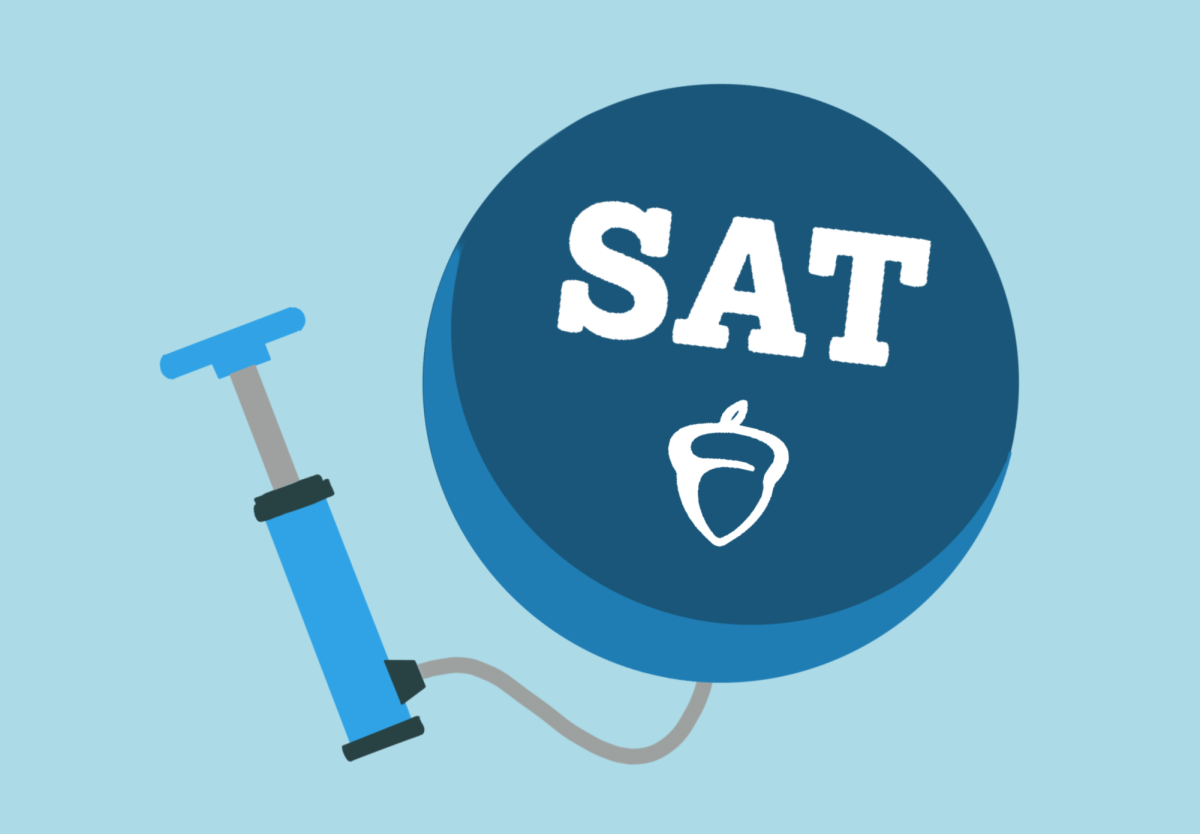By Max Rafferty
On Friday, August 8th, the CDC put out a press release criticizing the widespread early start times of American public schools because of the harm that they bring to students. Two out of three high school students nationwide don’t get a healthy level of sleep on a regular basis.
The American Academy of Pediatricians (AAP) has stated that 8:30 a.m. is the absolute earliest time that schools should start. Failure to get enough sleep is a risk factor for obesity, drug usage, and poor grades, among other harms, so ensuring students get enough sleep is vital.
Grady is on the exact edge of this line, but that doesn’t mean that we don’t have room to improve on our sleeping habits. The Center for Disease Control (CDC) says that high school students need 8 hours of sleep a night, while younger students need nine or more. However, National Center for Education Statistics most recent data from the 2011-2012 school year shows that over 83% of middle and high school students start the school day before 8:30 a.m., a severe impediment to a healthy amount of sleep..
An AAP policy statement from August 2014 explains that “insufficient sleep represents one of the most common, important, and potentially remediable health risks in children particularly in the adolescent population, for whom chronic sleep loss has increasingly become the norm.”
Anne Wheaton, an epidemiologist from the CDC, said that changing these times is the best solution to this problem because “You can’t change teen’s biology.”
Grady students are lucky enough to go to a school that starts at a reasonable hour, but in forty two states between 75 and 100 percent of public schools start before 8:30, with the nationwide average being 8:00.
The ill effects of sleep deprivation go beyond falling asleep in class. Getting less than eight hours is associated with an absence of daily exercise, unhealthy weight, depression, drug use, and poor grades in school. Wheaton also explains that sleep deprivation leads to drowsy driving, which is especially dangerous for inexperienced teen drivers.The CDC believes that this is enough of a threat that their Morbidity and Mortality Weekly Report (MMWR) highlights “the high prevalence of insufficient sleep among high school students [as a] substantial public health concern.”
The AAP policy statement also recommends modifying school start times as they are an easily modifiable factor which currently disrupt the circadian rhythm in students, a series of behavioral changes that follow a biological 24 hour clock which are crucial to healthy living.
“Furthermore,” the policy statement continues, “a substantial body of research has now demonstrated that delaying school start times is an effective countermeasure to chronic sleep loss and has a wide range of potential benefits to students with regard to physical and mental health, safety, and academic achievement.”
The CDC concurs, stating that, out of all possible solutions for improving adolescent sleep tems, “delaying school start times has the potential for the greatest population impact by changing the environmental context for students in entire school districts.”
Delaying school start times, however, isn’t enough of a solution; teachers, students and parents alike can do more to improve sleep schedules.
“It wouldn’t hurt to have athletic events start and end at more reasonable hours,” Wheaton said. “It would also help to educate teens on the importance of sleep.”
She also insists that students need to maintain a consistent schedule for both weekdays and weekends, because changing sleep schedules between days disrupts bodily processes.
Barriers to earlier start times are mainly logistical. Early times let busses and cars beat rush hour traffic, and bus schedules can get complicated and expensive when school start times are shifted back.
The majority of American schools have a lot to change in order to make sure their students are getting the rest they need to succeed. Making school start late is a change that should have been made earlier, but deeper changes are needed at home and in the community to make sure that we students can live our lives to our fullest. Luckily we’re halfway there already, just by opening our school doors at a reasonable hour. p












